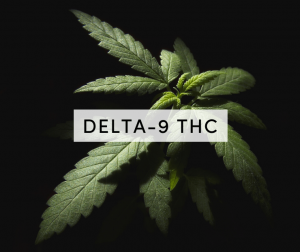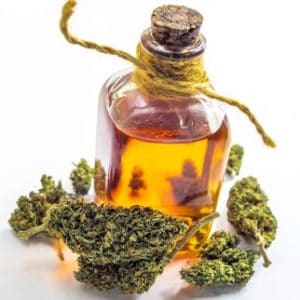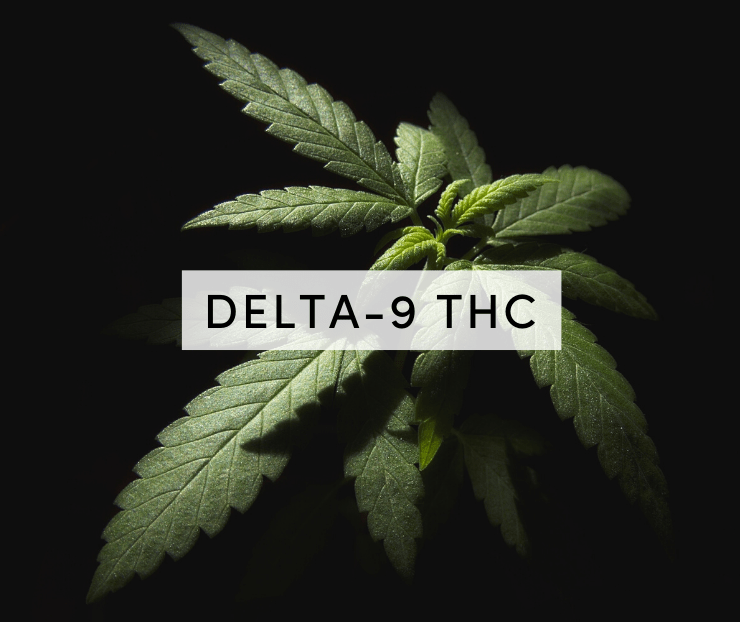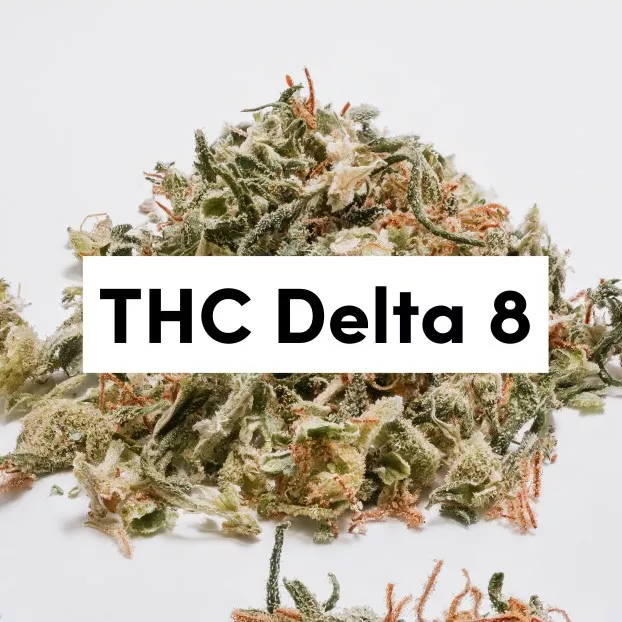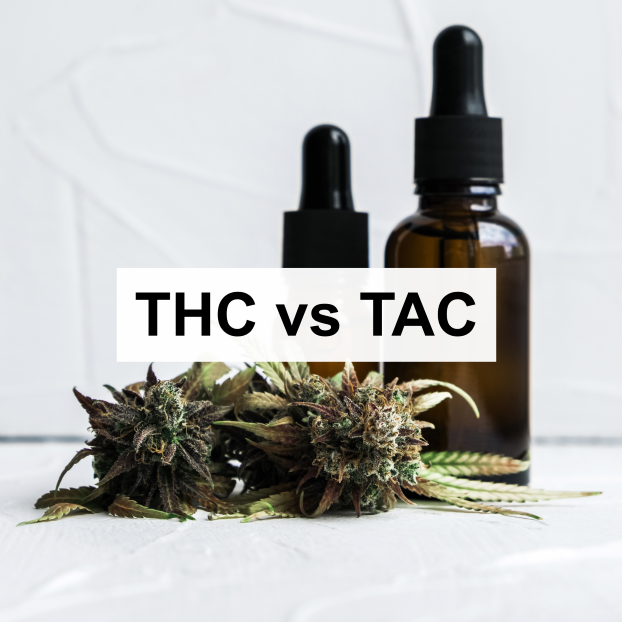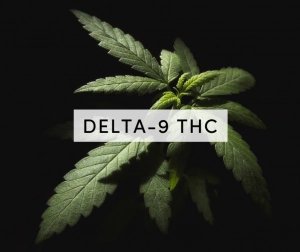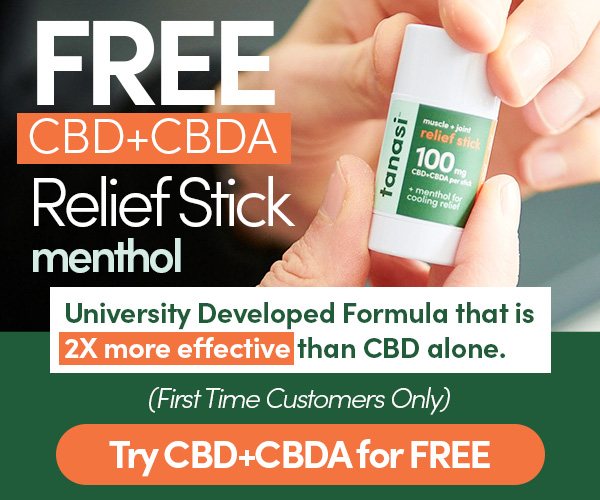Delta 9: Why It’s Legal In Most States
Posted on October 14th, 2022
Hemp products have a long history. Tens of thousands of years ago, this was one of the first plants used to make fiber. The United States banned industrial hemp production in 1970, but in recent years, hemp production was once again legalized. This has led to a surge of interest in a wide variety of products made from cannabis, including Delta 9.
Delta 9 is the chemical in cannabis plants that causes a high, which has left many people confused about its legality. Why is Delta 9 now legal in most states? What makes it different from other cannabis compounds? If you’re curious about this substance, you can find answers to many of your questions below.
What Is Delta 9? 
Delta 9 is a naturally occurring cannabinoid. It’s a form of THC, which stands for tetrahydrocannabinol. It’s the most common type of THC found in cannabis plants. When people think about THC and the effects that it has on the body, they’re usually thinking about Delta 9.
Since there’s so much Delta 9 THC in cannabis plants, it’s easy to naturally extract this compound. Not only is it one of the most abundant psychoactive compounds in these plants, but it’s also the most potent. Whether it’s inhaled, ingested, or placed under the tongue, it can have a fast and dramatic effect on users.
Why Is Delta 9 Legal Sometimes?
Cannabidiol (CBD) is also derived from cannabis plants. Hemp-derived CBD is federally legal in all 50 states as long as it contains less than 0.3% THC. Delta 9 mostly comes from marijuana, but it is synonymous with THC, the psychoactive ingredient in cannabis that gives people a high. Considering all of that, why is Delta 9 legal ever?
In a nutshell, Delta 9 is legal in some states for individuals with a medical marijuana license. In other states, you can legally use this substance recreationally. And, under the 2018 Federal Farm Bill, hemp products can legally contain up to 0.3% THC on a dry weight basis.
Will Delta 9 Get You High?
Not only can Delta-9 get you high, but it’s the reason that marijuana products give you a high in the first place! Although Delta-9 products have to comply with specific legal restrictions, they still have potent psychoactive properties.
The overall effects of Delta-9 can vary based on a number of factors, such as the dosage taken and the way the compounds interact with your unique body makeup. While people report positive effects, like feelings of euphoria and relaxation, some users also report negative side effects, such as increased paranoia or restlessness. (1)
It’s best to start out with a lower dosage of Delta-9 so that you can get a better sense of how it influences your body. If you’ve never taken Delta-9 before, you may want to begin with a small 5 mg dose, or discuss usage with your healthcare provider.
Of course, people don’t just use Delta 9 because it can give you a high. Some people find it to be relaxing, while others say that it gives them energy. Since there are different strains of THC, you can also seek out products that will give the effect you’re looking for.
What’s the Difference Between Delta 8 and Delta 9?
Because Delta 8 and Delta 9 have such similar names, it’s easy to confuse the two substances. Delta 8 is also a type of THC, and it’s also derived from both industrial hemp and marijuana. With that said, there are distinct differences between Delta 8 and Delta 9, and both substances impact the body in different ways.
To start, the legal restrictions on how much THC can be in hemp products only apply to Delta 9 THC. While some states have specific restrictions on Delta 8, there aren’t any federal limitations on the amount of Delta 8 THC that can be in hemp products. Because of this, Delta 8 is present in some full-spectrum products.
Delta 9 THC has been studied extensively, but researchers don’t have as much information on Delta 8. What we do know is that Delta 8 and Delta 9 are different forms of the same chemical, and they both bind to the same receptors in the body. The primary difference between these two substances is that Delta 8 is far less potent than Delta 9.
Delta 8 does have psychoactive properties, but its effects seem to be milder. Many users describe it as a “lighter” high that’s a lot less intense than what you’d normally expect from THC.
With that said, you shouldn’t necessarily assume that Delta 8 is a safer option than Delta 9. The amount of Delta 8 that’s naturally found in hemp is very small. Because of this, it’s often necessary to use additional chemicals to synthetically create this compound. According to the FDA, some manufacturers may be using unsafe chemicals during this process, which could result in negative health impacts. (3)
Whether you opt for Delta 8, Delta 9, or try both types of THC, you’ll want to make sure that you choose high-quality products made by trusted manufacturers. Look for the product’s COA to confirm that the product has gone through quality testing. Make sure that the concentrations listed on the COA match what’s on the product label.
It can also be helpful to research manufacturers and find out where they source their hemp from. You’ll want to stick with brands that source their hemp from the United States. Find out as much as you can about the hemp growing standards. If you choose your products carefully, you’re more likely to have a positive experience with the products that you buy.
Where Is Delta 9 Legal? 
The legality of Delta 9 varies from state to state, which is why you’ll want to learn more about your state’s laws before buying any Delta 9 products. In most states, it’s legal to sell Delta 9 as long as they contain under 0.3% THC by dry weight volume.
There are also states that have additional restrictions on the types of Delta 9 products that can be sold. For example, in California, Georgia, and Minnesota, Delta 9 can’t be sold in food and beverages. In Mississippi, products must have less than 2.5 mg of THC per mm. Although you can still buy Delta 9 products in these states, some products may not be available.
Alaska, Idaho, Iowa, and Kansas do not allow any products that contain THC to be sold, which means Delta 9 products aren’t legal. You may still be able to buy CBD products as long as they’re free of THC. Make sure you check your state’s laws before purchasing products, especially if you’re ordering products online. You should also be cautious if you’re carrying products across state lines.
Although Delta 9 THC is a controversial ingredient, it is legal in most states. In addition to its psychoactive properties, it has therapeutic benefits, such as relief from pain and nausea. While restrictions surrounding Delta 9 may change in the future, the products on the market right now are worth checking out.
1. https://pubmed.ncbi.nlm.nih.gov/15302527/
2. https://www.sciencedirect.com/topics/pharmacology-toxicology-and-pharmaceutical-science/delta8-tetrahydrocannabinol
3. https://www.fda.gov/consumers/consumer-updates/5-things-know-about-delta-8-tetrahydrocannabinol-delta-8-thc

